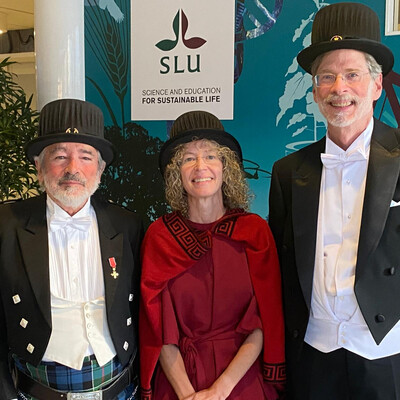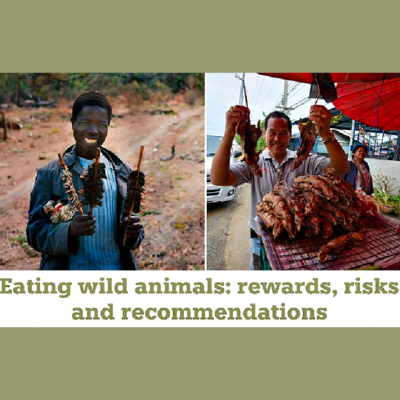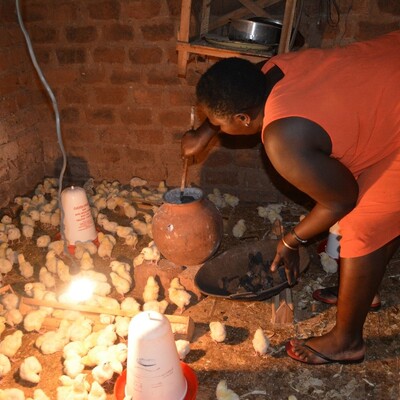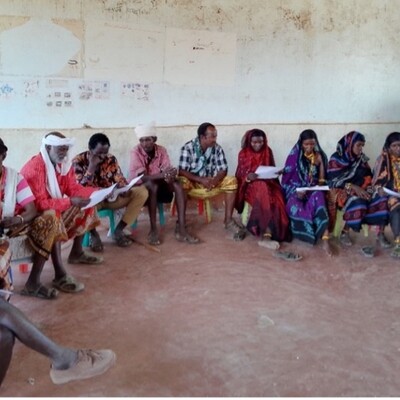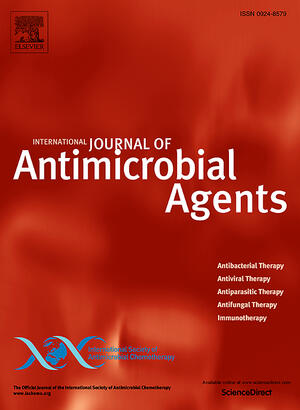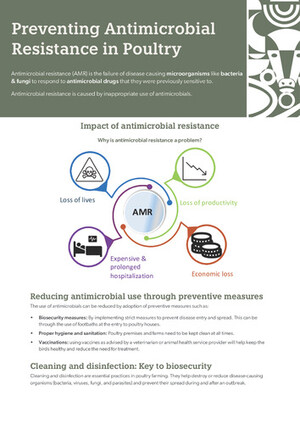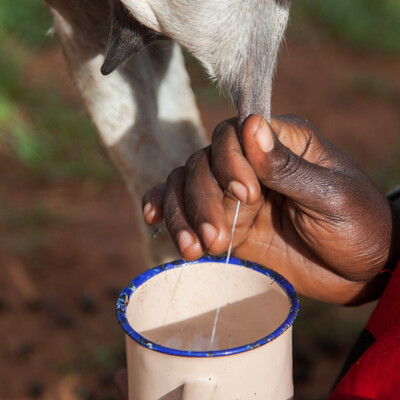
Phages - Bad for bacteria, good for livestock farmers
Livestock farmers use antibiotics to treat infections in their animals, and may also use them as a general preventative. But overuse of antibiotics can create 'superbugs' - antimicrobial-resistant (AMR) bacteria which threaten human lives and wellbeing, as well as those of livestock animals.
Presenters Brenda Coromina and Elliot Carleton explore one approach that ILRI scientists are taking to combat the AMR problem - phages. These 'bacteria-eating' viruses, which naturally exist in the environment, are being studied by ILRI scientists to develop an alternative treatment to antibiotics. They hear from 'phage hunters' Angela Makumi and Nicholas Svitek about how phages work, what makes them different from antibiotics, and what it will take to make phage therapy a reality.
Could phages become our future weapon of choice against bacteria?
Chapters
0.48 What are phages and why are they useful?
1.57 Why and how are antibiotics used in livestock farming?
3.55 How does AMR (antimicrobial resistance) from farming practices affect humans, and why is it a global issue?
6.06 What are the hidden costs of AMR?
6.58 How do phages kill bacteria?
9.38 When might livestock farmers be using phages, and how?
10.52 Can bacteria become resistant to phages?
12.18 How much will phage therapy cost? How will farmers store phages?
15.11 What will be the first AMR phage therapy in livestock?
16.05 Why we will still need antibiotics
Hover over the player and click on the Share icon ![]() for subscription options.
for subscription options.
Read more:
Phages: The viruses that offer a sustainable alternative to antibiotic treatment in livestock






